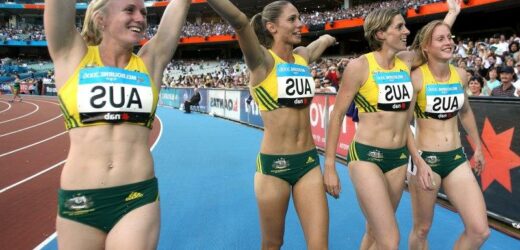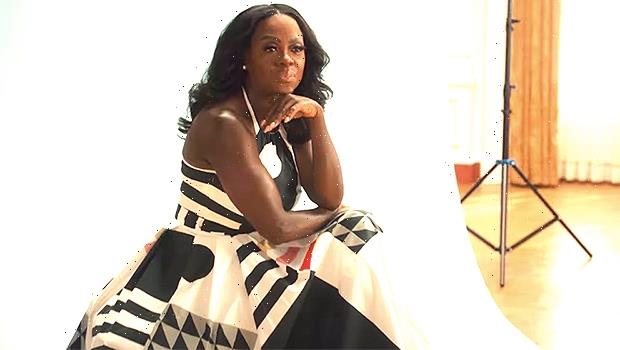It was US satirist John Oliver who once mocked the Commonwealth Games as an “off Broadway” Olympic Games. A legacy of our colonial past, the Commonwealth has been criticised not only for its sporting meets – in a world in which China is a growing point of friction, its economic and diplomatic relevancy have also been called into question.
Why then would Victoria consider hosting the 2026 Commonwealth Games, an event that was struggling to find a home after Birmingham agreed to move its Games forward to this year after Durban, in South Africa, was stripped of the 2022 Games when it hit financial problems?
Australian relay runners celebrate their bronze medal at the 2006 Games in Melbourne.Credit:Pat Scala
The reforms the Commonwealth Games Federation introduced last year go some way to answering that question. Similar to the Olympics movement, which has made changes to streamline and cut the enormous costs involved in bidding and hosting the event, the Commonwealth Games Federation realised that its one host city model requiring large infrastructure spending was no longer feasible.
In October last year, the federation agreed to a more flexible and scaled-down model. This meant multiple cities, regions or even nations could co-host the Games, which would involve a maximum of about 15 sports, with only athletics and swimming being mandatory. There would also be a set number of athletes agreed to by the federation and the hosts.
If Victoria does take on the 2026 Games it will be the first time this new model is put into practice. By spreading out the venues and the athletes village to a range of regional cities and towns it will be a test of how successful such a dispersed event can be. When you look back at the history of the Games, it becomes obvious why it needs to work.
Since its inception in 1930, it has only been held three times outside of Britain, Australia, New Zealand and Canada. Before it lost the Games, Durban would have been the first African city to host the Games. With so few countries willing or able to put their hands up, it was never going to be a sustainable model.
The federation’s chief executive, Katie Sadleir, asks for the future, “why wouldn’t we be able to think of an African continent Commonwealth Games?” in which the sports were spread around a number of countries, reducing the impact on each. When Wellington was considering a bid for the 2026 Games it was looking at an “Oceanic Games”, in which events could have been hosted in countries such as Fiji.
That said, previous one-city Commonwealth Games have proven financially viable in Australia. According to Associate Professor Tien Pham, of Griffith University, the Gold Coast Games in 2018 boosted the Queensland economy by more than $2.4 billion between 2013 and 2022, after the $1.5 billion cost of staging the Games was deducted.
And a PwC study, carried out on behalf of the federation, which looked at four of the five Games held since 2000 (Manchester 2002, Melbourne 2006, Glasgow 2014 and Gold Coast 2018) found that each dollar spent by governments on operating costs, games venues and athletes’ villages generated $2 for the host city or state economies, with an average of more than 18,000 jobs generated by each event.
For Victoria’s regional areas, it’s sure to be a boom in infrastructure spending, jobs and tourism. But would it have the same appeal to spectators and a TV audience if the MCG or the world-class aquatic facilities at the Melbourne Sports Centres only play a secondary role? For its future viability, it’s a gamble that the Commonwealth Games Federation probably has to make. But whether a successful Melbourne Games means the event is secure for the long term is very much an open question.
Gay Alcorn sends an exclusive newsletter to subscribers each week. Sign up to receive her Note from the Editor.
Most Viewed in National
From our partners
Source: Read Full Article



